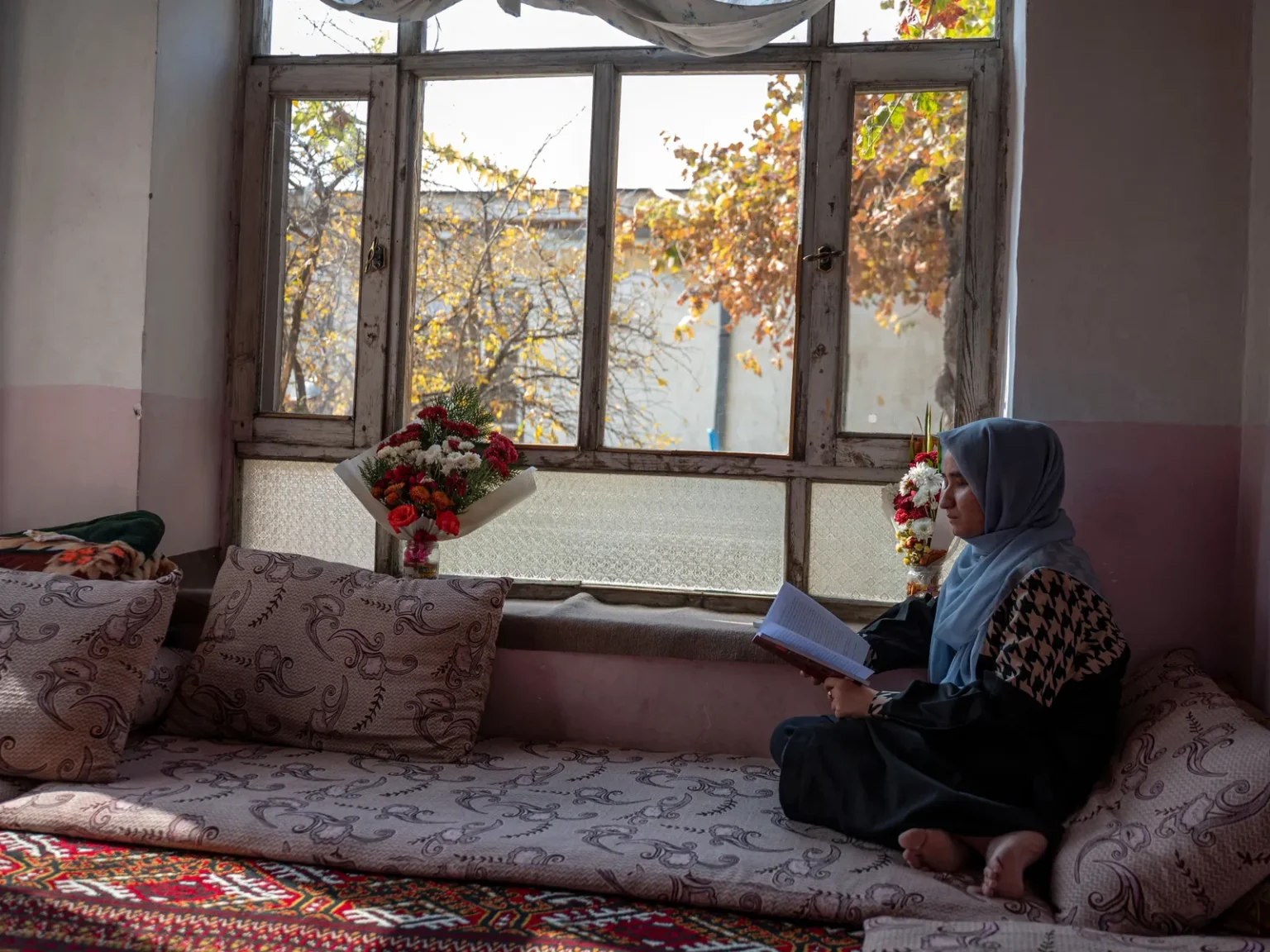Afghan Taliban
The Afghan Taliban’s supreme leader has issued a decree that prohibits the construction of windows in residential buildings that overlook areas where Afghan women frequently gather.
The directive also mandates that any existing windows with such views be blocked or obstructed. This decree, announced by Taliban government spokesperson Zabihullah Mujahid on Saturday, outlines specific areas that must be shielded from view, including courtyards, kitchens, and areas where women typically gather, such as wells.
The Taliban’s ruling highlights their ongoing focus on controlling the visibility of women in public and private spaces.
The statement, shared on the social media platform X, justifies the decree by warning that seeing women in spaces like kitchens or courtyards, or engaging in activities like collecting water from wells, could lead to “obscene acts.”
This reasoning reflects the Taliban’s strict interpretation of Islamic law, which they claim guides their policies on gender roles.
In terms of enforcement, municipal authorities and other relevant departments have been instructed to ensure compliance with the new regulation at construction sites, ensuring that future buildings do not have windows with such views.
For existing homes, homeowners are encouraged to take measures such as building walls or using other methods to block any existing windows that overlook women’s spaces. This move is part of a broader effort to enforce gender segregation and control over women’s visibility in society.
Since the Taliban regained control of Afghanistan in August 2021, the regime has systematically stripped women of their rights and freedoms. These actions have been widely criticized by international human rights organizations, with the United Nations describing the situation as “gender apartheid.”
Women in Afghanistan are banned from secondary and higher education, most forms of employment, and access to public spaces like parks.
More recent restrictions have included banning women from singing or reciting poetry in public, and there have been calls to “veil” their voices and bodies when outside their homes. Additionally, some local radio and TV stations have stopped broadcasting female voices altogether.
The Taliban government insists that these policies are in line with their interpretation of Islamic law, claiming that they protect the rights of both men and women.
However, these policies have sparked widespread condemnation from human rights groups around the world, who argue that they severely limit the freedoms and opportunities of Afghan women.


